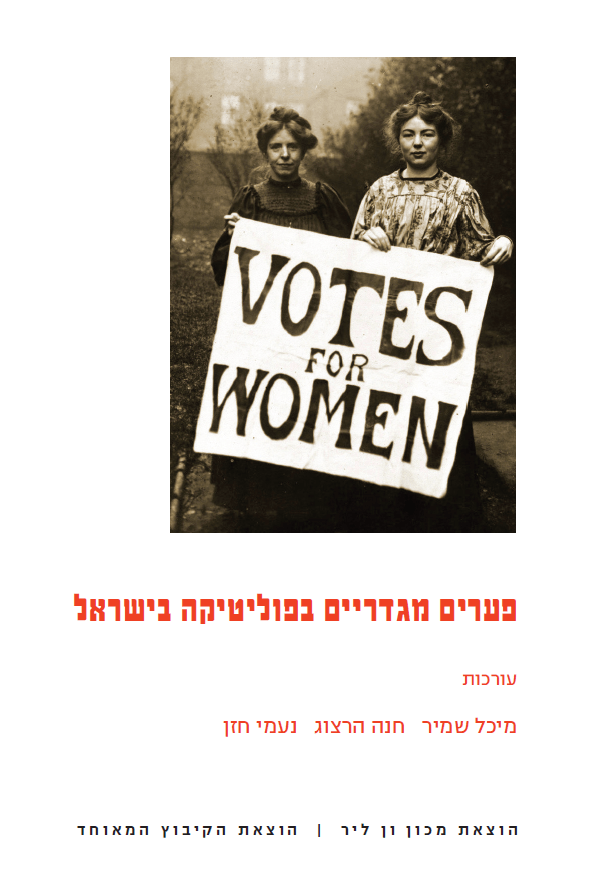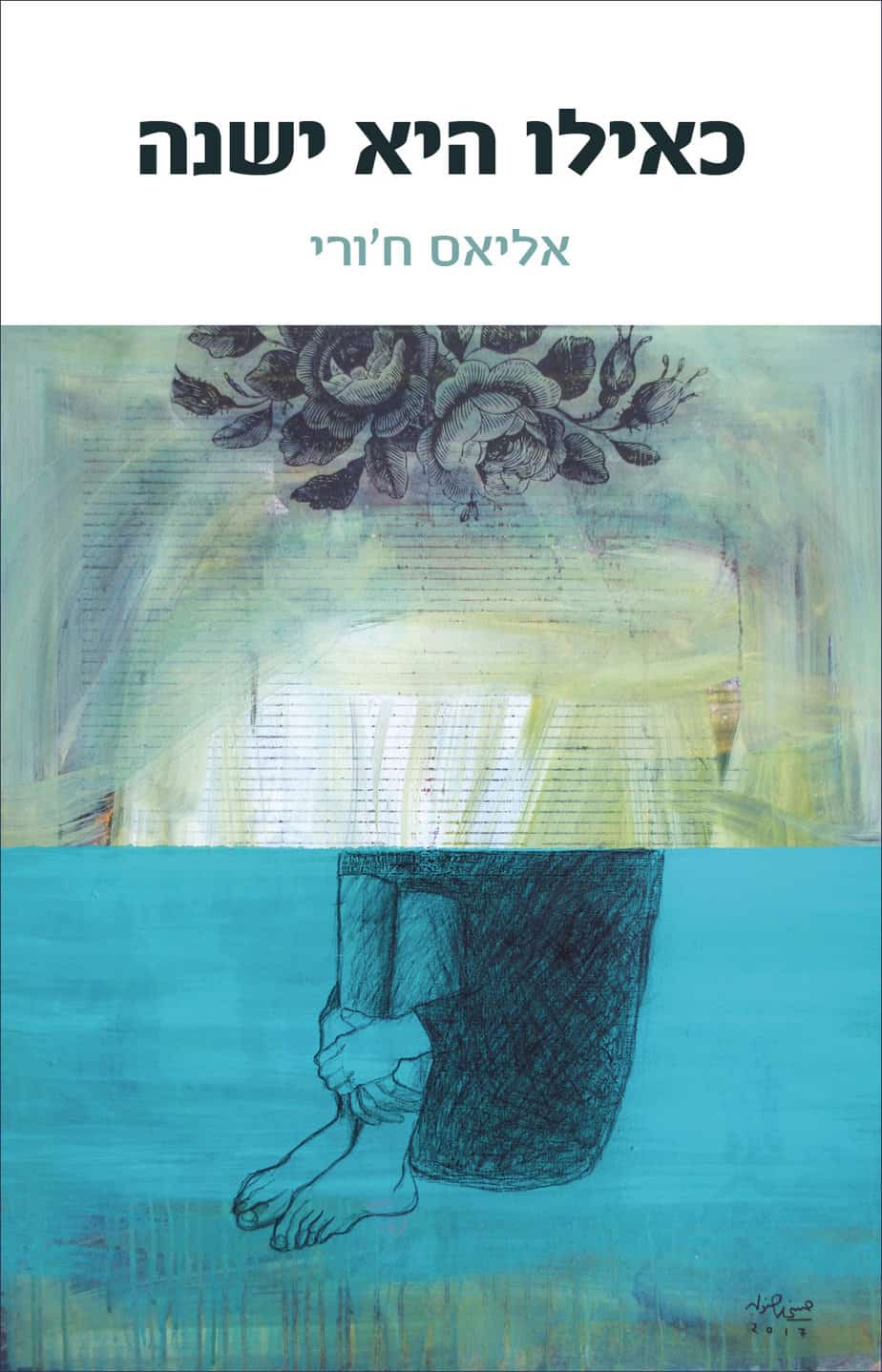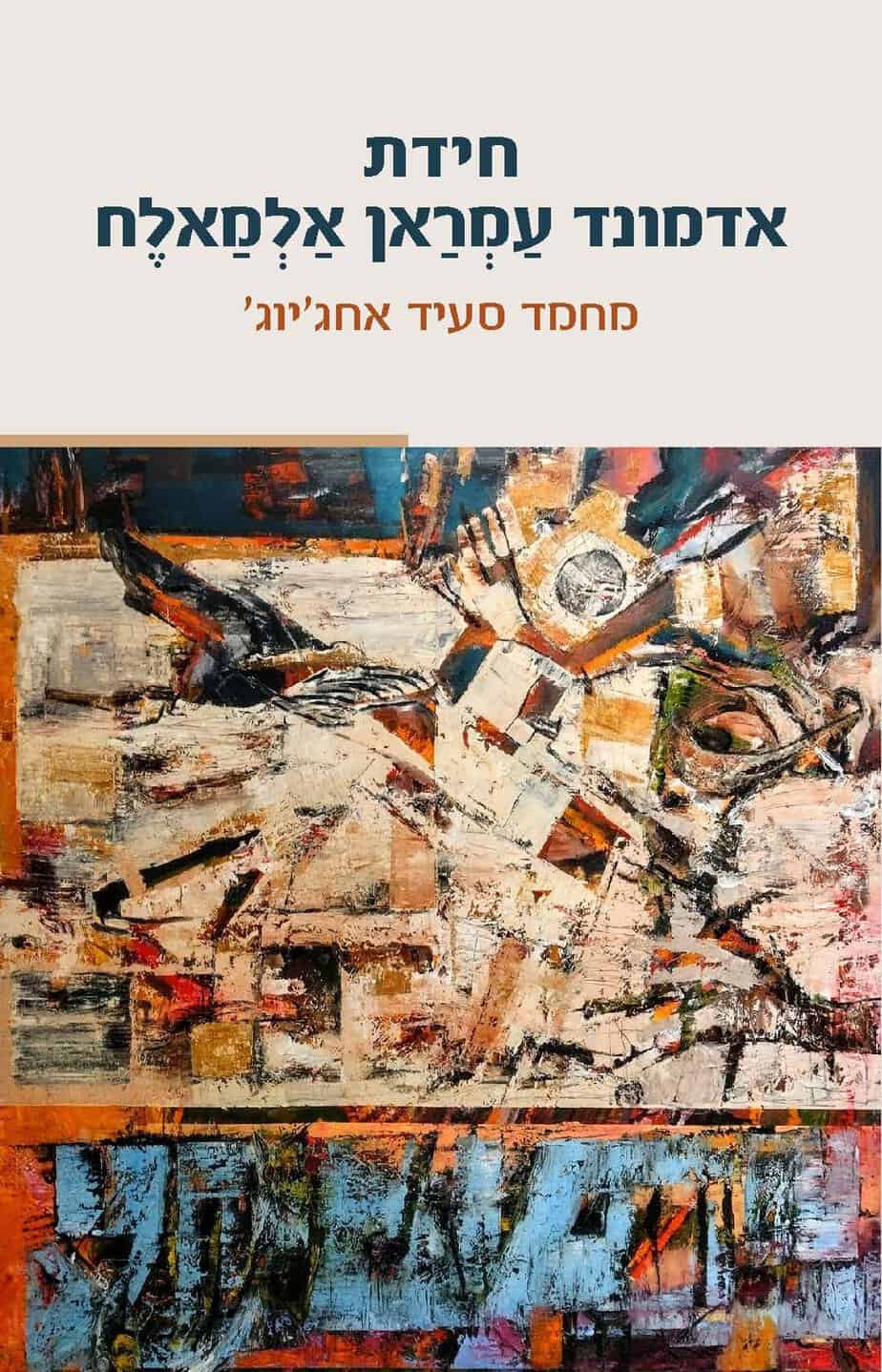Gender Gaps in Israeli Politics
| Edited by | Michal Shamir, Hanna Herzog, Naomi Chazan |
| Publisher | Van Leer Institute Press and Hakibbutz Hameuchad |
| Language | Hebrew |
| Year of Publication | 2020 |
In the political discourse in Israel there is hardly any mention of women as a distinct public, and the gender gaps in politics have not yet received attention by scholars despite their many important ramifications. Gender Gaps in Israeli Politics aims to make up for this lack. It sheds light on gender differences in voting patterns, attitudes in various policy areas, political participation, and political representation. It exposes gaps and biases in various areas, levels, and populations—gaps that until now have gone unnoticed—and anchors them in deep cultural and structural aspects of the political system. Thus the book expands our understanding of political activity in its entirety and proposes a new and deep view of politics and society in Israel.
The articles in the book are by scholars from various disciplines, including sociology and anthropology, political science, communication, and gender studies. The articles trace the intersections of gender and political location and examine the public’s attitudes and behaviors, the activity of its representatives, and the rules and institutions that construct the process of representation. Among the questions they ask are whether the integration of women in realistic positions on political party lists leads to an increase in women’s support of those parties; whether the presence of women in a party’s list is important to female voters—and to male voters; and whether a political party’s policy regarding topics that concern women influences the creation of a gender difference in voting. The book defines and maps a new area of research, but also aims put the issue of gender gaps in politics on the public agenda, to lead to gender mainstreaming, and to spark social and political change.




